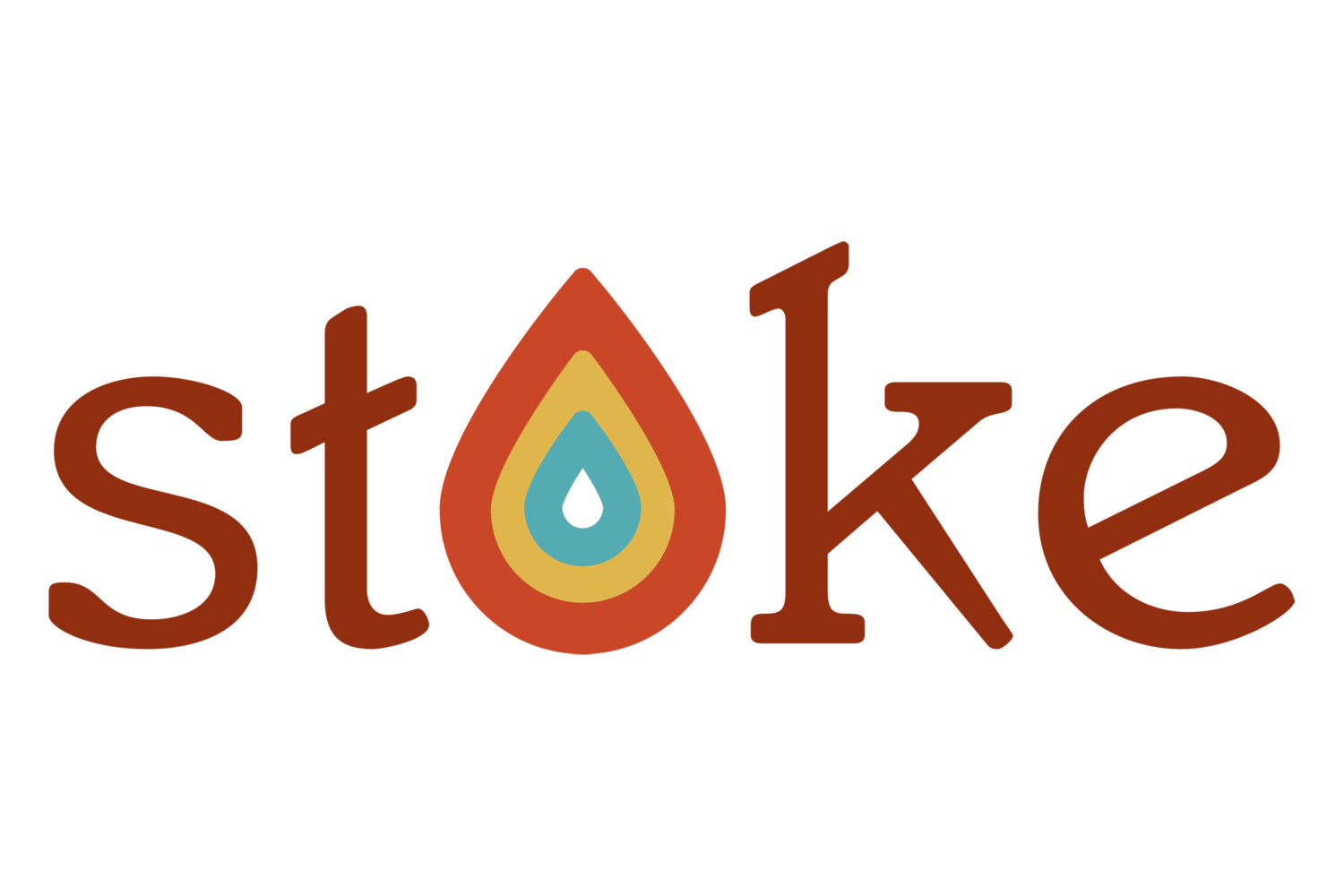As the holidays approach, you may be thinking about how much time you’re able to take off from work and whether you can truly be productive during that one week between Christmas Eve and New Year’s Day.
It might seem unnecessary to take time off if you’re staying in town and not traveling, or you just have a really long list of things to do at work before the new year begins.
Even though you might not think you have the time or should take the time away from work, there’s a lot of positive things to be said about taking a break, and even better, taking a vacation.
Downtime For Your Daily Productivity
There’s science behind the benefits of taking short breaks throughout the day, as well as full days off, and longer vacations throughout the year. It’s common knowledge that overworking can lead to burnout (you can check out our blog on preventing burnout here linked) and make it difficult to unwind even when we have the time, "What neuroscience is showing is that we require downtime in order for our bodies to go through the process of restoration," according to clinical psychologist, Deborah Mulhern.
Taking breaks during your work day can support productivity too. Strategic breaks, walking meetings, and other kinds of physical activity or rest away from your desk can contribute to developing new ideas and achieving a fresh perspective to approaching projects or problems.
So what part of your brain needs to cease activity and take a rest? “For “think-work,” it’s the prefrontal cortex (PFC), the thinking part of your brain. When you are doing goal-oriented work that requires concentration, the PFC keeps you focused on your goals. The PFC is also responsible for logical thinking, executive functioning, and using willpower to override impulses.” Breaks can prevent decision fatigue (when you have to make important decisions all day as part of your job), restore motivation, and spark creativity.
Physically spending time away from your desk, and not just taking a mental break while still sitting at your desk, can help you do more work when you are there, whether it’s a short break during the day, or a longer one, like a vacation.
Vacation Time For Long-term Wellness
In some countries, vacation time is mandated, like in the UK (28 days per year), and France, Austria, Sweden, and Djibouti (25 days per year). In the US, however, 0 vacation days are required. Even with paid time off, Americans are taking less vacation days rather than using them.
Chart from Harvard Business Review
"Men who don't take vacations were 30% more likely to have a heart attack and for women it went up to 50%," according to Brigid Schulte, author of "Overwhelmed: Work, Love & Play When No One has the Time" and the director of the Better Life Lab at the New America Foundation.” When studies show that overworking takes a toll on physical and mental our health, why is it that Americans take less time off than most others in developed countries?
Many people worry that there isn’t a good time of year to take off, that their team will flounder without them, or the work that they will face upon returning will be monumental. Some workplace cultures praise overworking and “the grind,” but this can be detrimental to a company’s success and morale and eventually lead to burnout and lower quality of work produced.
Post-vacation time, results show that people have a better reaction time, 30-40% higher than pre-vacation. (Think reflexes and safety, as well as critical thinking and positive interactions with others.) Upon returning from vacation, many people report increased motivation, creativity, and problem-solving abilities.
From a Harvard Business Review study, “People who took fewer than 10 of their vacation days per year had a 34.6% likelihood of receiving a raise or bonus in a three-year period of time. People who took more than 10 of their vacation days had a 65.4% chance of receiving a raise or bonus.” Perhaps not a direct correlation, there’s still science and evidence behind taking breaks and time off that affects your performance at work.
Enjoy the days after Christmas off, whether at home or traveling. Enjoy New Year’s and New Year’s Day. And when you’re back at work, remember to take breaks throughout the day to stay healthy.
For more on workplace wellness, you can read our blog on ergonomics and how to properly sit (or stand) at your desk linked if you have an 8 hour workday.





